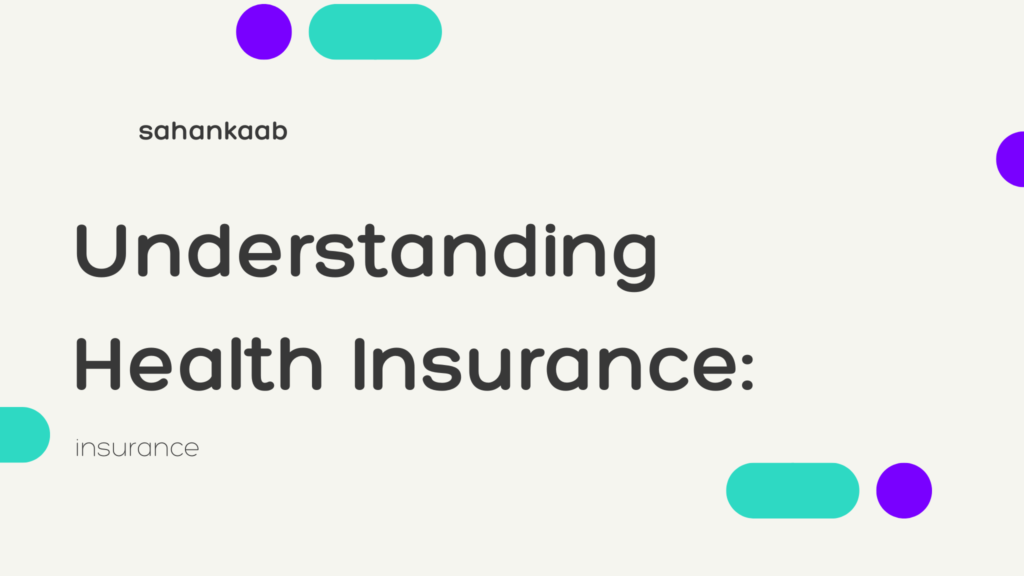Health insurance can be a and often overwhelming subject, especially when it comes to navigating state-specific regulations. If you’re a resident of the Golden State, you might wonder: Must you have health insurance in California? This article delves into the intricacies of health insurance requirements in California, discussing why it’s important, what the law says, and how you can obtain coverage.
Introduction
Imagine facing a medical emergency with no health insurance coverage. Worrying about hefty medical bills can add stress to an already tense situation. In California, having health insurance is not just a good idea—it’s the law.
This article will explore the reasons behind California’s health insurance mandate, its benefits, the penalties for non-compliance, and how you can secure affordable health coverage. Whether you’re new to California or just need a refresher, this guide is here to help.
The Legal Requirement: California’s Health Insurance Mandate
California has a state law requiring residents to maintain health insurance, commonly referred to as the individual mandate. Understanding this law can help you stay compliant and avoid unnecessary penalties.
The California Individual Mandate
In 2019, California reinstated the individual mandate that was initially introduced at the federal level under the Affordable Care Act (ACA) but rendered ineffective in 2017. The California mandate requires all state residents to have health insurance or face a penalty.
- What It Entails: The law mandates that you must have minimum essential coverage, which includes plans through Covered California (the state’s health insurance marketplace), employer-sponsored plans, or other qualifying health plans.
- Penalties for Non-Compliance: If you go without health insurance for more than three consecutive months between January 1 and December 31 of any given year, you could face a penalty when filing your state tax return. The penalty amount is $695 per adult and $347.50 per child or 2.5% of your annual household income, whichever is greater.
“Healthcare expenses can be financiallyhttps://sahankaab.site/category/insurance/ devastating without proper insurance. Californians are encouraged to get covered to protect themselves and their families.”
Understanding the Benefits of Health Insurance
Having health insurance is not only about following the law—there are numerous advantages to maintaining coverage.
Financial Protection
Medical emergencies can be expensive, and health insurance helps protect you from overwhelming medical costs. Covered benefits usually include doctor visits, hospital stays, preventive care, and medications, providing a safety net during health crises.
Access to Preventive Services
Health insurance often covers preventive services such as vaccines, screenings, and annual check-ups. Catching potential health issues early can prevent more severe and costly problems down the line.
Improved Health Outcomes
Research indicates that insured individuals generally experience better health outcomes. Regular access to healthcare providers can lead to early diagnosis and treatment, ultimately contributing to a healthier population.
How to Get Covered: Options for California Residents
Securing health insurance doesn’t have to be a daunting task. California offers multiple avenues to obtain coverage.
Through Covered California
Covered California is the state’s health insurance marketplace where residents can compare and purchase health insurance plans. The marketplace also provides financial assistance to those who qualify, making coverage more affordable.
Employer-Sponsored Insurance
If employed, check with your employer about available health insurance plans. Employer-sponsored plans often come with better benefits and lower premiums due to the purchasing power of the employer.
Medi-Cal and Medicare
- Medi-Cal: For those with lower incomes, Medi-Cal offers free or low-cost health coverage. The program is California’s version of the federal Medicaid program.
- Medicare: If you are 65 or older, or have specific disabilities, you may be eligible for Medicare, the federal health insurance program for seniors.
Outside the Marketplace
You can also buy health insurance directly from providers outside the Covered California marketplace. While these plans must meet specific requirements, financial assistance is limited to plans purchased within the marketplace.
Conclusion
In summary, having health insurance in California is not only a legal requirement but also a wise choice for securing your health and financial well-being. The individual mandate ensures that all residents have access to necessary health services, reducing the risk of financial despair from unforeseen medical expenses.
By exploring the various coverage options available, you can find a plan that fits your needs and budget. Understanding and complying with California’s health insurance requirements can go a long way in promoting a healthier, more stable life for you and your loved ones.
Take the first step: Visit Covered California or consult your employer today to ensure you have the coverage you need.
For more information on health insurance options and requirements, check out Covered California or the California Department of Insurance.


